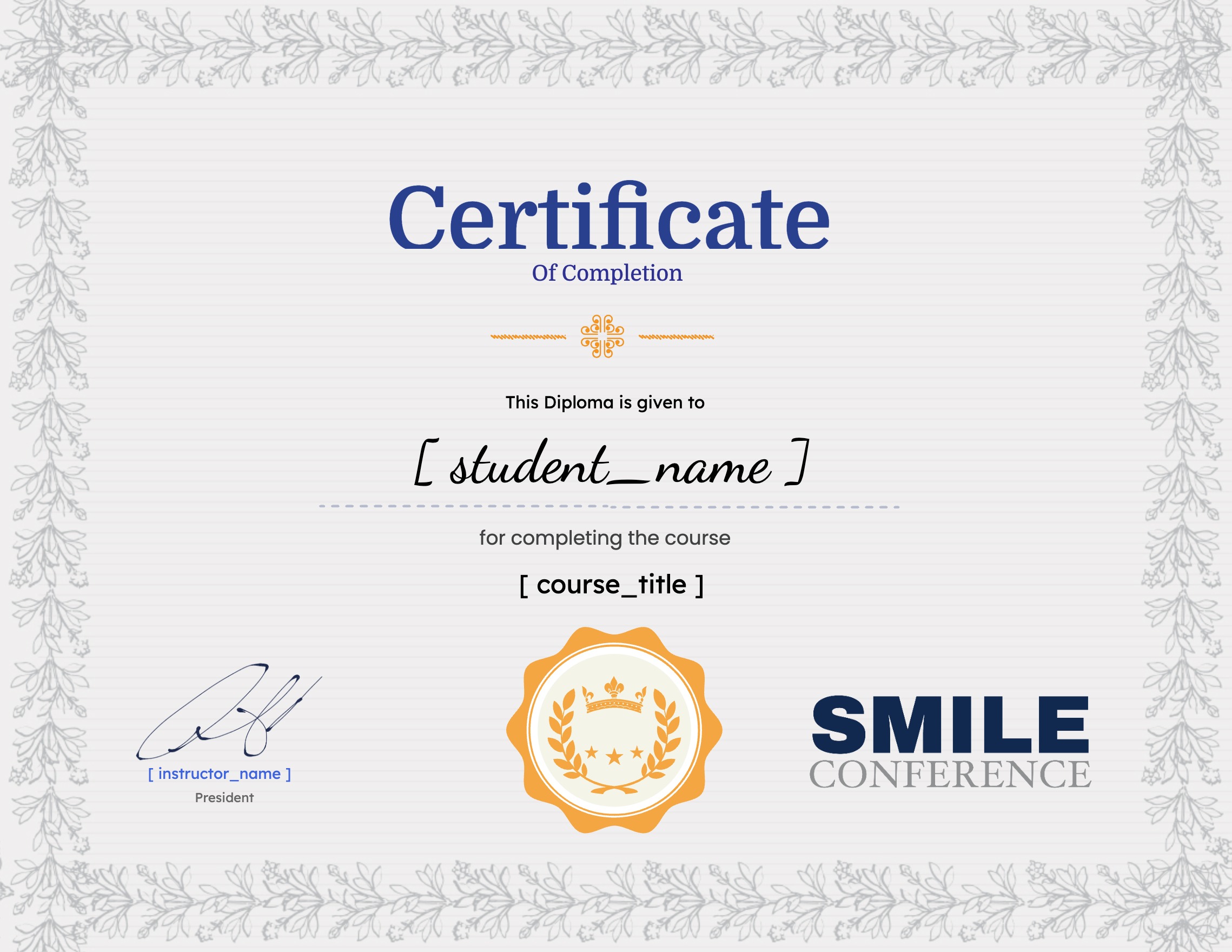
About Course
Course Overview: This training course provides essential knowledge and practical skills for effectively handling encounters with 1st Amendment auditors. Participants will learn the legal rights associated with public recording, strategies for professional interaction, and methods to maintain public trust and order. The course includes real-world scenarios and role-playing exercises to ensure readiness in various situations.
Course Objectives:
- Understand the Role of 1st Amendment Auditors:
- Identify who 1st Amendment auditors are and their objectives.
- Recognize common phrases and tactics used by auditors.
- Legal Rights and Case Law:
- Learn key legal precedents, such as Glik v. Cunniffe and Fields v. City of Philadelphia.
- Understand the First Amendment rights related to recording public officials.
- Effective Communication Techniques:
- Develop strategies for professional and courteous interactions.
- Learn how to respond effectively to common auditor statements and questions.
- Managing Public and Restricted Spaces:
- Identify areas where auditors are legally allowed to film.
- Learn how to designate and manage public and restricted areas to prevent conflicts.
- Practical Scenarios and Role-Playing:
- Engage in role-playing exercises to practice interactions.
- Analyze real-world scenarios to understand effective and ineffective responses.
Course Modules:
- Introduction to 1st Amendment Auditors:
- Overview of 1st Amendment auditors and their goals.
- Common auditor tactics and phrases.
- Legal Framework:
- Detailed review of relevant case law.
- Understanding constitutional rights related to recording in public.
- Best Practices for Interaction:
- Communication techniques for maintaining professionalism.
- Strategies for de-escalation and conflict resolution.
- Managing Filming Locations:
- Guidelines for public and restricted areas.
- Procedures for managing public interactions in various locations (e.g., city hall, police stations, public parks).
- Scenario-Based Training:
- Role-playing exercises based on real-world scenarios.
- Group discussions and analysis of video examples.
Target Audience:
- Law enforcement officers
- Public information officers
- Government officials
- Security personnel
- Public-facing staff in government buildings
- Private business owners, especially those operating in publicly accessible spaces
- Legal professionals
- Community leaders
Course Duration:
- 2 hours of instructional content, divided into five modules.
- Additional time for practical exercises and group discussions.
Certification: Participants will receive a certificate of completion, recognizing their understanding of 1st Amendment auditors and their ability to manage interactions effectively.
Enrollment: To enroll in the course, please visit our website or contact our support team for more information.
By the end of this course, participants will be well-prepared to handle encounters with 1st Amendment auditors professionally, ensuring they uphold constitutional rights while maintaining public order and trust.
Course Content
Module 1: Introduction to First Amendment Auditors
-
Course Overview
-
Who Are First Amendment Auditors?
-
How Do Auditors Get A Reaction : Techniques for Eliciting Public Reactions
Module 2: Legal Framework
Module 3: Managing a Crisis: Effective Responses to Viral Auditor Videos
Module 4: Understanding Public Spaces and Filming Rights
Module 5: How to (and how not to) React To Auditors
Final Takeaways
Earn a certificate
Add this certificate to your resume to demonstrate your skills & increase your chances of getting noticed.
